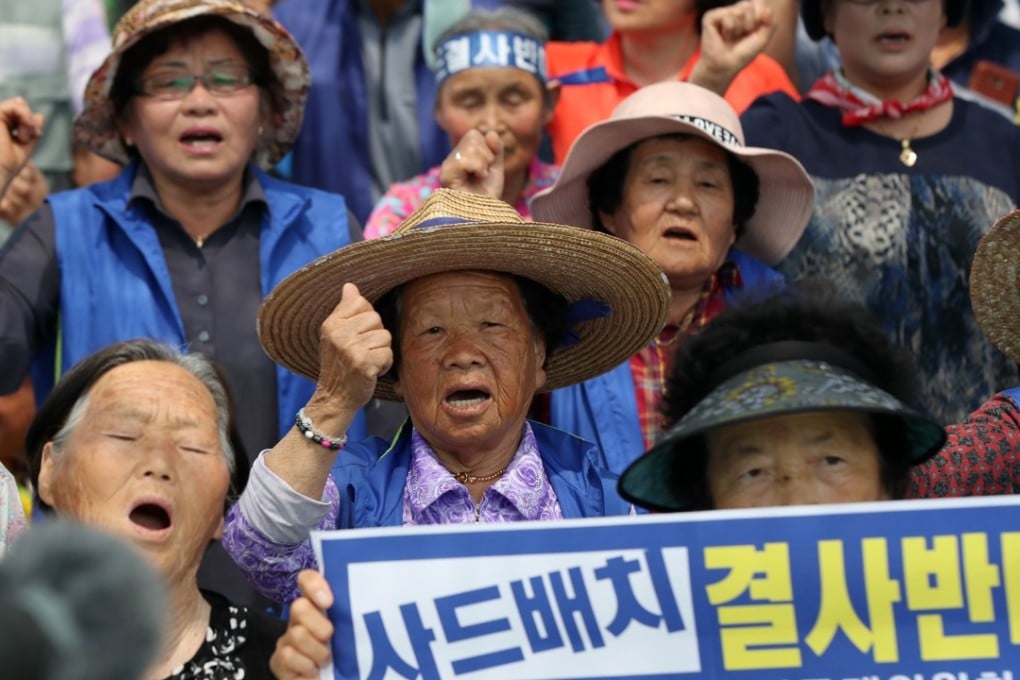Advertisement
As China withdraws, Russia advances: what’s up with North Korea?
South Korea halts the deployment of THAAD and, along with Russia, reaches out to help the North economically, undermining Chinese sanctions and thwarting US efforts to contain Pyongyang
Reading Time:3 minutes
Why you can trust SCMP

A new East Asian power alignment is shaping up on the Korean Peninsula as South Korea begins to distance itself from the United States to establish better relations with the North and Russia enters the mix.
Last week a senior aide to South Korean President Moon Jae-in announced that the deployment of the US antiballistic missile system known as the Terminal High Altitude Area Defence (THAAD) would be halted. THAAD has already been partly deployed in Seongju, South Gyeongsang, to guard against potential North Korean attacks. Moon opposed its deployment during his campaign and has now ordered a study into its environmental impact, which his aide said may take up to two years to complete.

Advertisement
This adds further tension to an already strained relationship, as US President Donald Trump has threatened to terminate the US-Korea Free Trade Agreement and force Seoul to pay for THAAD.
Watch: North Korean media issues rare criticism of China over nuclear warnings
Advertisement
Advertisement
Select Voice
Choose your listening speed
Get through articles 2x faster
1.25x
250 WPM
Slow
Average
Fast
1.25x